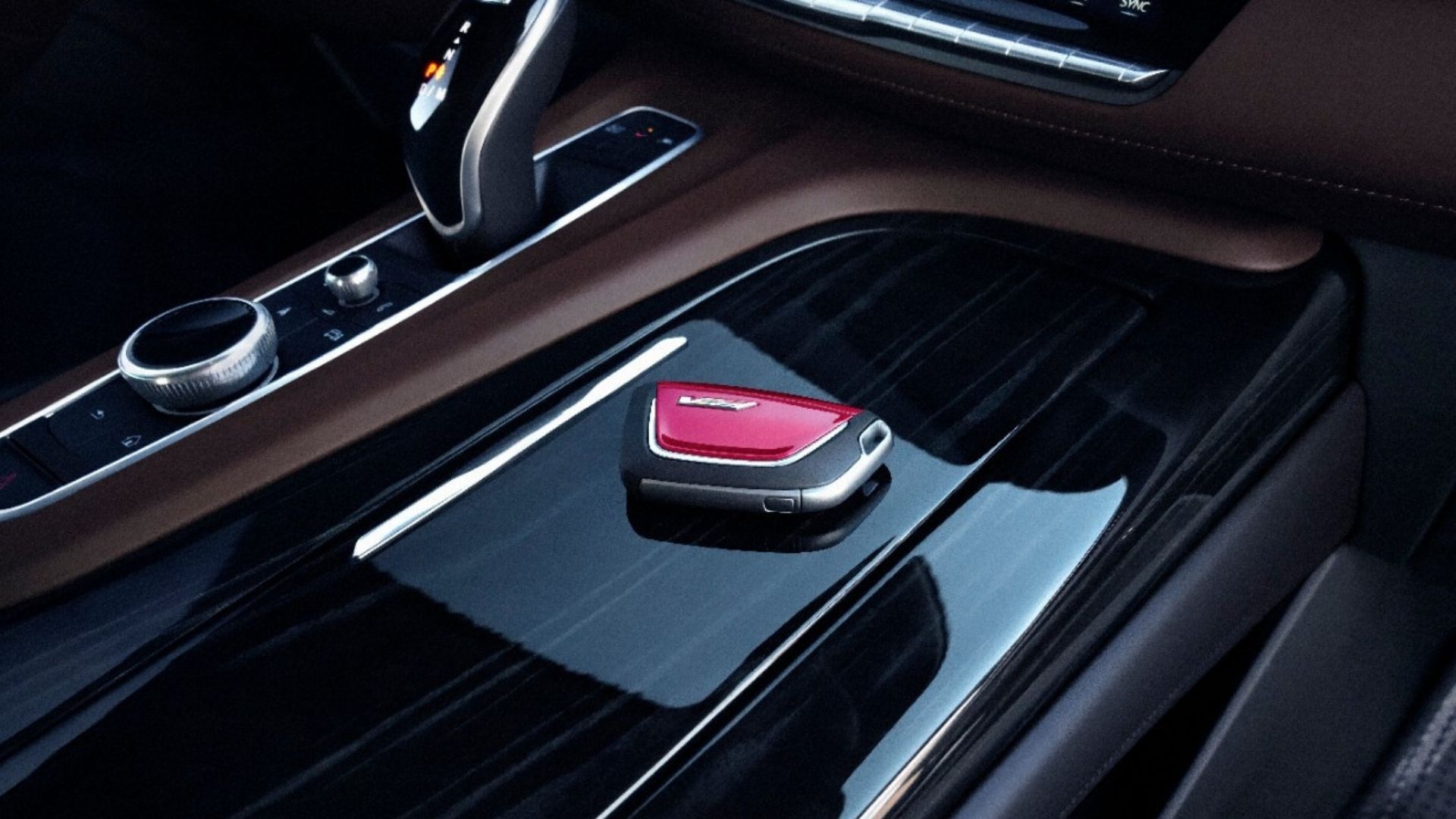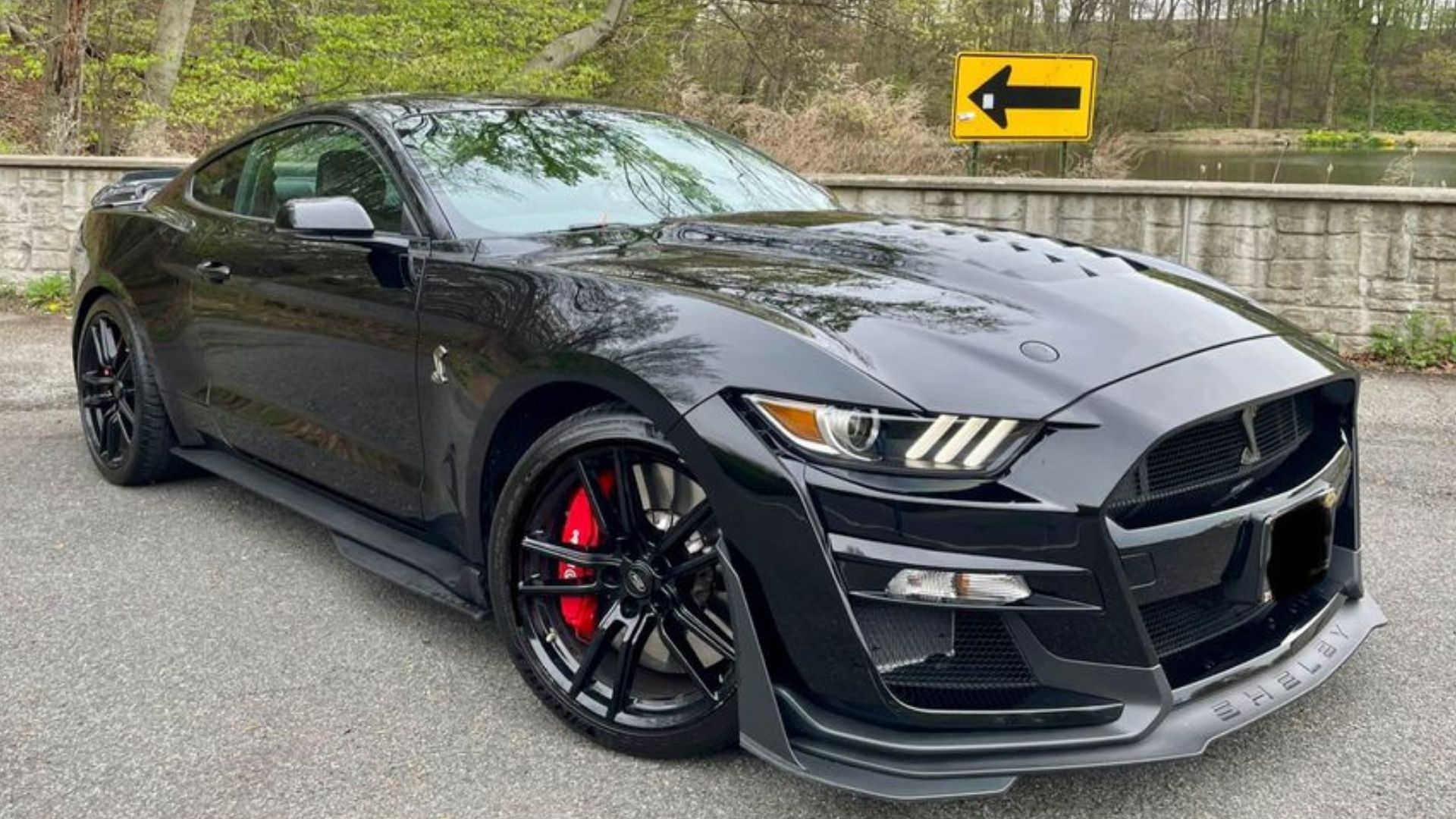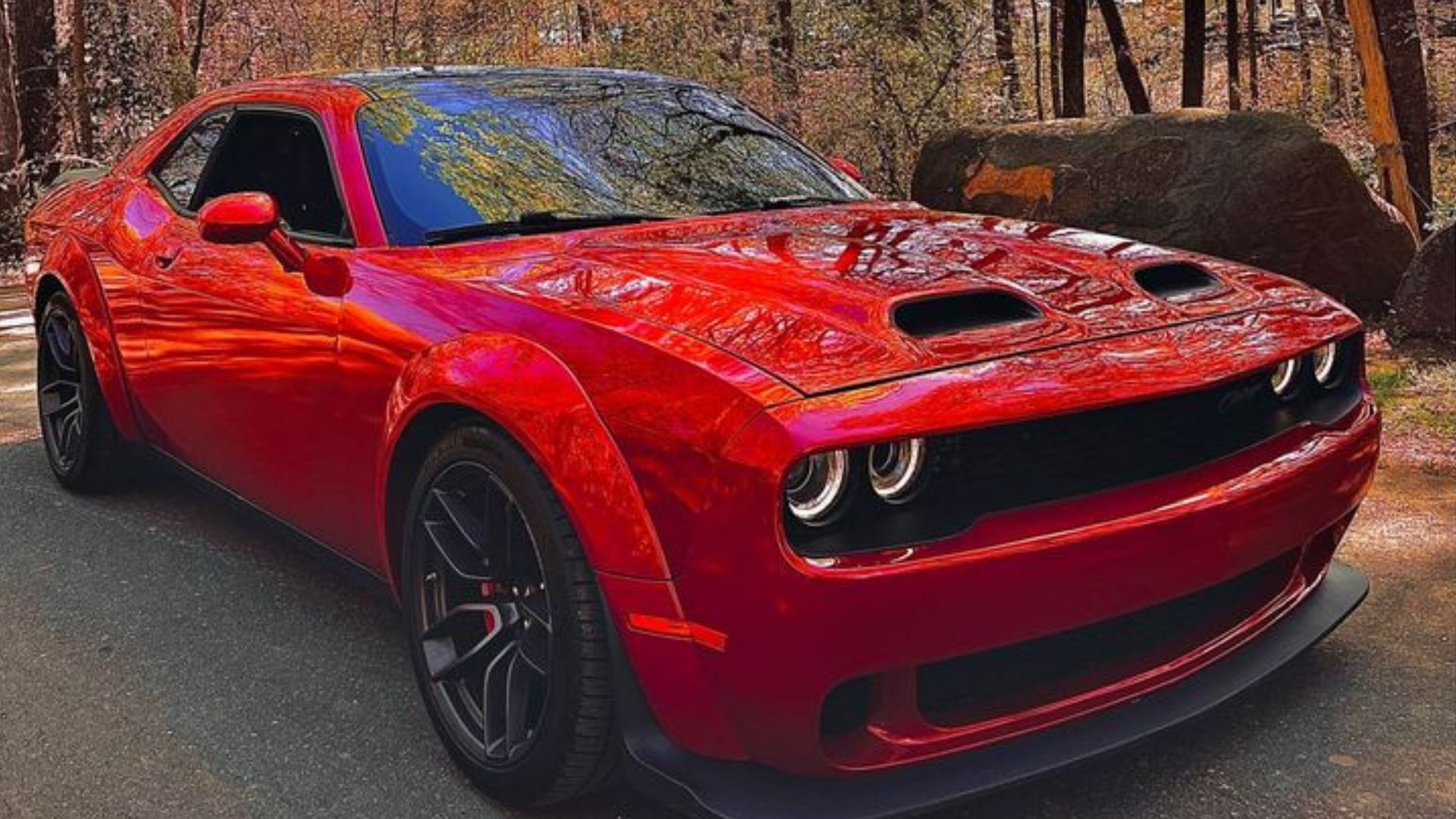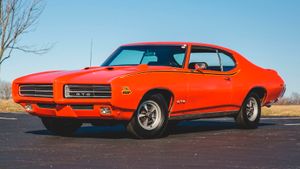Follow these tips to know for sure…
With used car prices high, a lot of people are searching high and low for deals. Criminals know this, so they’re busy trying to sell stolen cars to unsuspecting shoppers. There are many ways to tell if a vehicle might be stolen, like if the deal is suspiciously too good or if the person showing off the car is selling it for their sister’s friend who’s out of the country. Even better are the following tips which focus on more solid indications you might be looking at a hot ride.
Check out the Motorious Podcast on YouTube, Spotify, Apple Podcasts, and other podcast platforms.
Check out the key inside the fob.

We’ve seen countless cases of thieves reprogramming a car’s ignition to accept a new key fob. It can be done in just minutes using expensive devices designed for locksmiths, something these crime syndicates seem to have easy access to. That means the fob might unlock and start the vehicle, but it wasn’t originally made for it.
To guard against this scam, you need to open the fob and use the physical key on the door lock. If it fits and locks/unlocks the doors without any problems, then you know you’re not dealing with a random key reprogrammed to work with the car. If the key won’t work on the door, tailgate, or other physical locks, call off the deal because the vehicle is likely stolen.
Inspect the VINs.
All the VINs on a car should match. Thieves might swap out the easily-accessible ones on the dash and driver’s doorjamb, but they can’t do the same on the frame, engine block, etc. You can look up online where the VINs are located on the vehicle you’re looking at. If the numbers don’t match, something funny is going on. Also, if you see the VIN plate on the dash has mismatched screws or is damaged at all, someone has been messing with it, probably removing and installing a different VIN plate.
Look up the vehicle history.

With just the VIN on the car, you can pay to have a history report generated through any number of online services. You probably already know of at least a few of these vehicle history services. We know the information in them aren’t always 100% accurate, but if you run the VIN on a BMW and it comes back as a Chevy, you’re probably dealing with a stolen ride and which has been rebirthed or cloned.
Run a title check.
Any legitimate seller will be 100% fine with you running a title check before you buy their vehicle. They know they own the ride and whether or not there’s a lean on the title. How you run the check differs from state to state, but generally you can contact the DMV, pay a nominal fee, fill out a form, include some additional documentation, and you’ll get a report back. If you really want to cover yourself, see if a certified title history or something similar is available.
Get the title before closing the deal.

It’s amazing how many people accept all kinds of excuses about why a car doesn’t have a title, especially when it’s a modern vehicle. Some sellers claim they have to pay off the loan on the vehicle before they can get the title, but that can be a stalling tactic.
Unfortunately, if you don’t get the title from the seller, you have to apply for a bonded title. And that’s when people find out they purchased a stolen ride, so they’re out the vehicle and their money.
Photos via Facebook and Cadillac






